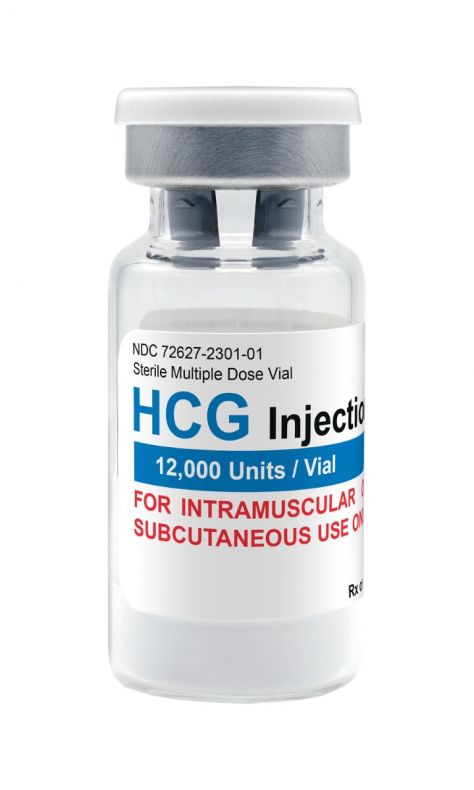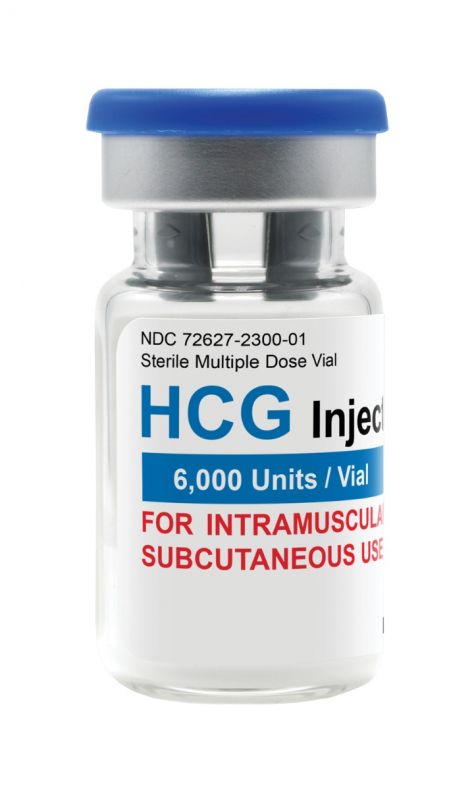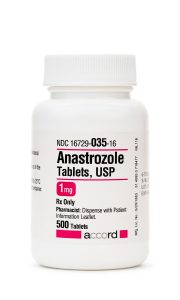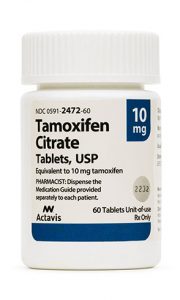Testosterone
Therapy
Testosterone replacement therapy (TRT) is a treatment used to treat a condition in which there is a lack of testosterone in the body, otherwise known as a testosterone deficiency. This condition is also referred to as hypogonadism, male menopause and andropause. As the aging process progresses, the production of testosterone begins to decline. This decline in testosterone production is known to occur during the early stages of aging, typically beginning around the age of 30 and continuing to decline thereafter. With low testosterone levels, not only does sexual drive and performance diminish, the body will also start losing muscle mass and strength while increasing body fat. Low levels of energy, fatigue, depression, as well as decreased motivation, optimism and sense of well being are all common ailments of low testosterone.
Get StartedWritten by Daniel Devereux
on March 21, 2021

Camille Freking, Regulatory Affairs Specialist, MEDICAL ADVISOR


Testosterone Therapy for Men: Elite HRT VS Family Physician
While some men seek treatment for low testosterone through their family Physician, this option tends to be much less comprehensive and effective compared to treatment provided by a specialized hormone Doctor. In general, family Physicians lack the specific experience and extensive knowledge required to adequately identify and treat hormone conditions as successfully and safely as a specialized Hormone Doctor. Very often we see these family Physicians administering hormones incorrectly as well as neglecting to use the necessary supporting medications crucial to the long term safety and effectiveness of testosterone therapy for men.
“Your hormone levels are fine!”
“Accept these changes. They are a part of the aging process.”
“Let’s start with a once monthly testosterone injection.”
“Anti estrogens, HCG?”

Testosterone Therapy: A Comprehensive Approach
Although testosterone replacement therapy at Elite HRT is utilized safely and effectively, it is necessary to discuss potential risks. The success and long term safety of testosterone therapy is based on several components, these components ensure that the use of testosterone will deliver maximum benefits while eliminating any potential unwanted side effects.
Testicular Atrophy: HCG and Testosterone
Testicular atrophy is a condition in which the male reproductive organs (testes) diminish in size and decrease in function. The amount of testosterone the body produces naturally is regulated by the body based on the current level of testosterone in the bloodstream. Rather than producing a continuous rate of testosterone, the body will constantly fluctuate its production up or down in order to maintain an even level. Because the body sees testosterone from testosterone therapy the same as the testosterone it produces naturally, when testosterone levels increase from testosterone therapy, the body will produce less naturally as a result. The decrease of natural testosterone production can lead to testicular atrophy (shrinkage of the testicles) as well as a decrease in sperm production and fertility.
To prevent the loss of natural testosterone production and testicular atrophy from testosterone therapy for men, the hormone HCG (Human Chorionic Gonadotropin) must be administered alongside. The use of HCG ensures the natural production of testosterone does not decrease during the treatment period. This continued production of natural testosterone also results in higher levels of testosterone in the bloodstream after treatment is complete.

Benefits of HCG…
- Increases natural testosterone production.
- Prevents decrease of natural testosterone production.
- Prevents testicular atrophy (shrinkage of testicles).
- Increases sperm count and fertility.
- Higher Levels of testosterone after treatment Is complete.

Aromatization: Estrogen Blocker’s

With age, testosterone is increasingly converted to the hormone estrogen as a result of the aromatase reaction (aromatization). Higher levels of estrogen in men can lead to increased body fat and contribute to gynecomastia (enlarged breasts/man boobs), prostate cancer, heart disease, diabetes and several other debilitating health problems. Due to this increased aromatase activity, testosterone from testosterone therapy is often converted into even more estrogen, leading to even higher levels of estrogen and estrogen related side effects.

To prevent the inefficient use of testosterone, aromatase inhibitors (estrogen blocker’s) must be used to prevent the conversion of testosterone to estrogen. Arimidex (anastrozole) is one of several products used to combat excess estrogen levels.

Benefits of estrogen blocker’s...
- Prevents the conversion of testosterone to estrogen.
- Prevents the formation of gynecomastia (enlarged breasts/man boobs).
- Reduces body fat (especially in the mid section) and water retention.
- Increases “free” testosterone levels.

Testosterone Replacement Therapy Cost
Every potential patient is different in his or her current medical condition, symptoms experienced and specific needs. Our Physicians will analyze the results of each patients medical history, physical exam and blood test results to determine the best program option available for that patient. The cost of testosterone replacement therapy can depend on several factors:
- Your current level of testosterone production:
Patients with severely low levels of testosterone will typically require a higher dosage than the norm. - Severity of symptoms:
Symptoms experienced and specific needs are different for each patient. Patients with severe testosterone deficiency symptoms often require a higher dosage of testosterone than those with low to mild symptoms. - Your current body weight:
A higher dosage of testosterone is often required for a patient of 250lbs compared to another of 150lbs. - The brand and delivery system of testosterone:
Several different brands and delivery systems of testosterone are available to suit every potential patients needs. Our wellness consultants are highly experienced and educated with all the options and delivery systems of testosterone that are available. They will be happy to discuss all of the options and pricing available to you.
TestosteroneTherapy
At Elite HRT
Choosing an educated and specialized provider of hormone replacement therapy, as well as the safest and most effective method of treatment, is very important. While some seek hormone therapy through their family Doctor, this is rarely as comprehensive and effective as treatment from a specialized hormone Doctor. Family Doctors, if they are even open to prescribing hormone therapy, typically lack the understanding and thoroughness of a hormone specialist._
A generic method of hormone replacement therapy is never the answer. With Elite HRT, you will receive a completely personalized hormone replacement therapy program. Designed specifically for you, the benefits and safety of your treatment will far exceed any of the generic methods of treatment available today.
Get Started